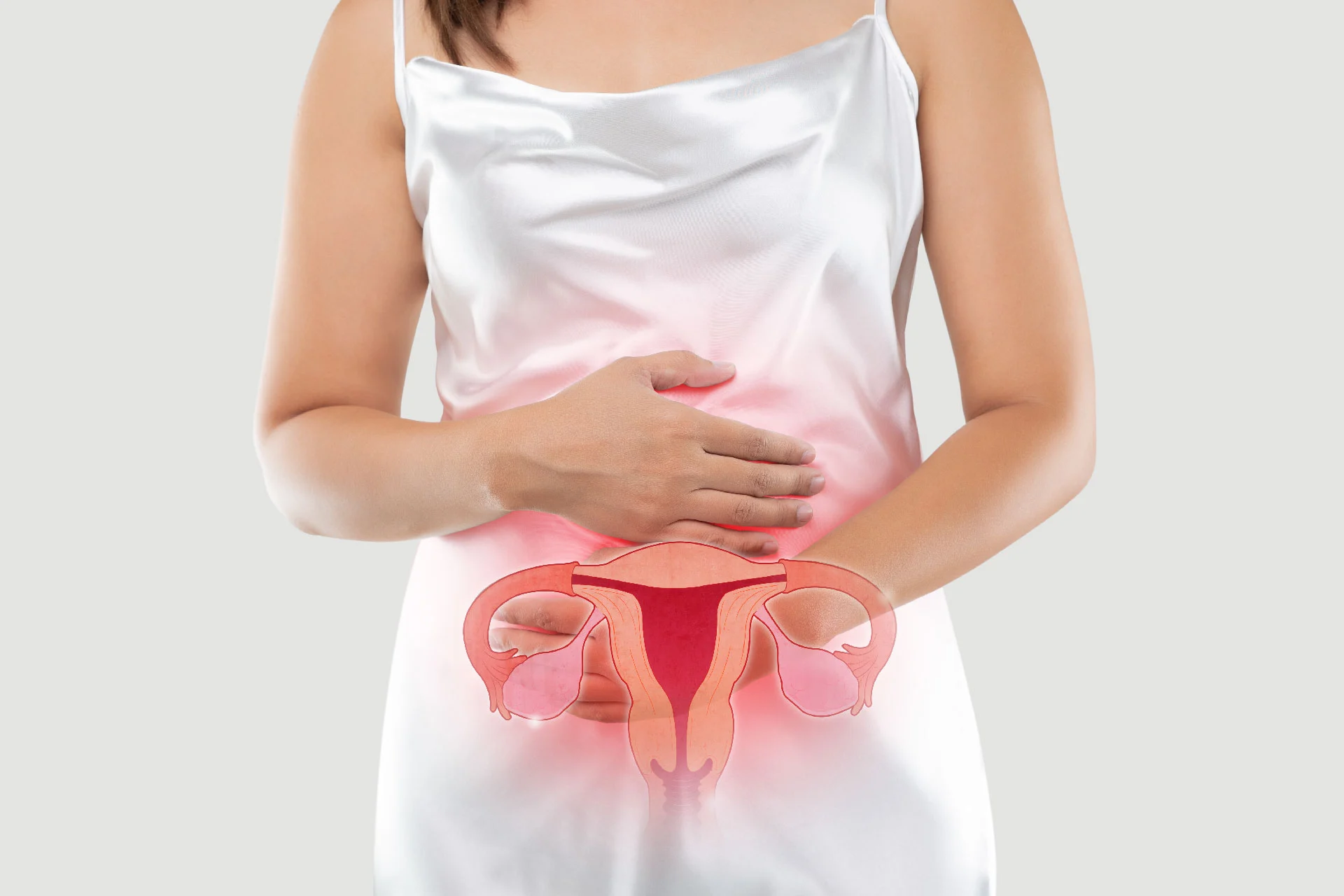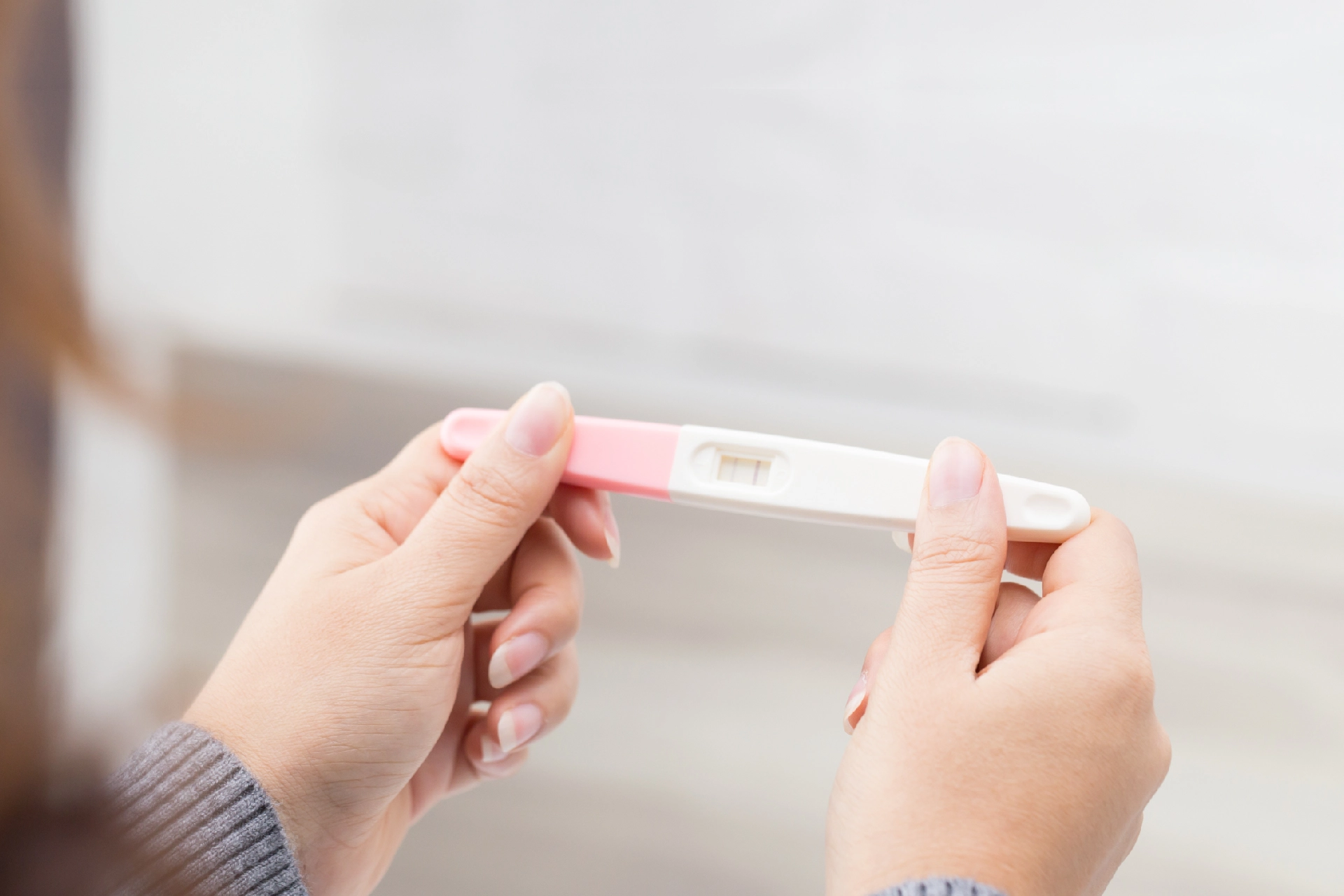Gynaecologist and Obstetrician | 6 min read
Polymenorrhea: Meaning, Symptoms, Causes and Treatment
Medically reviewed by
Table of Content
Key Takeaways
- Polymenorrhea definition refers to an abnormality in the menstrual cycle
- Hormonal imbalances, contraceptives are some polymenorrhea causes
- Polymenorrhea treatment is dependent on what the underlying cause is
Polymenorrhea Meaning
Polymenorrhea is where there is an abnormality in the menstrual cycle. The polymenorrhea definition in medical science is abnormal uterine bleeding (AUB). A normal menstrual cycle has a time period of 21 to 38 days [1] which becomes shorter if you have polymenorrhea. You also may have this condition if you experience difficulties in conceiving.
Apart from this, polymenorrhea is also one of the risk factors for uterine cancer [2]. If you notice any symptoms, it is important to consult your doctor immediately. Timely action and diagnosis are important in such conditions. Read on to understand polymenorrhea causes and the ways of polymenorrhea treatment.
Polymenorrhea Symptoms
Before understanding the causes of polymenorrhea, you need to know about its symptoms, so you visit your doctor at the earliest. Check out for the warning signs of polymenorrhea and opt for timely polymenorrhea treatment. One of the main symptoms of polymenorrhea is the short duration of menstrual cycles.
Other than this, polymenorrhea does not have many noticeable symptoms. When you experience menstruation that is more frequent than normal, you must understand there is an equilibrium imbalance in the body. Addressing these symptoms and polymenorrhea causes on time can prevent further polymenorrhea complications.
A few accompanying symptoms of polymenorrhea include.
- Hot flashes
- Tiredness
- Acne formation
- Unexplained weight gain
- Loss of interest in sex
- Menstrual cramps
- Stress and anxiety attacks

Polymenorrhea Causes
There are various causes that can lead to polymenorrhea. Some common polymenorrhea causes you should keep an eye out for are as follows:
Abnormal Hormones
One of the common polymenorrhea causes is an imbalance in your hormones. These can cause bleeding that is not normal. Thyroid, pituitary gland dysfunction, or adrenal are some common hormonal abnormalities.
Contraceptives
Various birth control pills and methods, such as IUD, can also cause abnormal bleeding. That is why it is advisable to consult your doctor before deciding on a contraceptive. This can help you understand what is best for your body.
Structural Problems
Fibroids, endometriosis, uterine cancer, polyps, and endometrial hyperplasia can also cause a shorter menstrual cycle.
Systemic Illness
Certain illnesses can also cause polymenorrhea. These illnesses include kidney disease, liver diseases, obesity, anorexia, or rapid weight changes.
Infections
A few sexually transmitted diseases can lead to inflammation of the uterus. This can further cause abnormal bleeding. Common STIs or STDs are gonorrhea and chlamydia.
Bleeding Disorders
Bleeding disorders can make you more prone to bleeding and bruising. These conditions can also lead to excessive uterine bleeding.
Medication
Blood thinners, steroids, or certain herbal products can also affect your menstrual bleeding and cause a huge loss of blood.
Diagnosis of Polymenorrhea
After checking your medical history, doctors may perform a pelvic examination. This is to inspect your uterus, ovaries, cervix, and vagina. Your diagnostic evaluation will also include the timeline of menstrual cycles. This is to search for any irregularities and make sure you don’t have any other symptoms.
Doctors usually conduct the following kinds of exams for identifying polymenorrhea:
- CT scan - This is an X-ray procedure
- Endometrial biopsy - This involves an exam of a small piece of tissue from the uterus
- Ultrasound examination - This is a scan using high-frequency sound waves
- Sonohysterography – It is a radiation-free way to look inside the uterus
- Hysteroscopy - This is a process of scanning the uterus using a hysteroscope
Polymenorrhea Treatment
Polymenorrhea treatment varies as per the reason behind the health disorder. It often happens that when the cause is addressed, the symptoms start desisting. The health specialist will first identify the cause to provide the best treatment. At times there is no underlying reason for bleeding, which means that treatment is not needed. In case it is an STI, then you can take prescribed antibiotics. But if you have benign uterine growth, the doctor may advise removing it. If you are not trying to conceive, you can use contraceptives to manage polymenorrhea. Contraceptives are a good way to regulate your menstrual cycle and lighten the flow [3].
Polymenorrhea Complications
If you do not undergo timely polymenorrhea treatment, it may result in complications. Due to continuous loss of blood from the body during menstruation, you can become anemic. Anemia can affect your cognitive skills and may also cause breathing issues. In some cases of polymenorrhea, you may even experience stomach bloating. Such abnormal uterine bleeding may also result in uterine cancer.
If you are constantly tired, it is better to meet a doctor and get your bloodwork done. Meet a gynecologist and address polymenorrhea symptoms to avoid any complications. Anemia and endometrial cancer are the two main polymenorrhea complications, which you can avoid by keeping a proper tab on your monthly cycles.
Additional Read: Menopause and Perimenopause
Pregnancy with Polymenorrhea
If you have polymenorrhea, conceiving can become challenging. But with fertility-boosting medicines and other measures, you can get pregnant. Here are two reasons why it can be a struggle for you to get pregnant with polymenorrhea.
- Polymenorrhea can affect ovulation in two ways - it occurs at a different time each month, or it can happen before the expected date.
- The time between ovulation and bleeding is often short for implantation or fertilization.
You will find it helpful to track your ovulation by using special test kits available on the market. Contraceptive pills are a good way to get your periods on track, but at the same time, they prevent you from conceiving. However, there are various other prescribed medications that can help boost your fertility.
When to Meet a Gynecologist if You Suspect Polymenorrhea?
As mentioned earlier, you must keep a record of your monthly cycles. If you experience abnormal bleeding with cycles of shorter duration, it is important to see a doctor immediately. This can protect you from becoming anemic and experiencing weakness, fatigue and body pain. Your gynecologist may be able to confirm if you have this condition or if it is a natural phenomenon. Remember, when your menstrual cycles are short, it can affect your mental state and social life too. Therefore, a timely diagnosis of polymenorrhea is crucial. A doctor helps investigate polymenorrhea causes and suggests an effective treatment plan.
Now that you are aware of the causes of polymenorrhea, symptoms and polymenorrhea complications, it is crucial to address the issues without delay.
Book an online doctor consultation on Bajaj Finserv Health with top gynecologists. Make sure you keep track of your menstrual cycle before booking an online appointment. This will help make the diagnostic process easier and quicker. Get the right advice via the app or website and prioritize your health.
References
- https://www.ncbi.nlm.nih.gov/books/NBK282/
- https://pubmed.ncbi.nlm.nih.gov/19231117/
- https://www.acog.org/womens-health/faqs/abnormal-uterine-bleeding?utm_source=redirect&utm_medium=web&utm_campaign=otn
Disclaimer
Please note that this article is solely meant for informational purposes and Bajaj Finserv Health Limited (“BFHL”) does not shoulder any responsibility of the views/advice/information expressed/given by the writer/reviewer/originator. This article should not be considered as a substitute for any medical advice, diagnosis or treatment. Always consult with your trusted physician/qualified healthcare professional to evaluate your medical condition. The above article has been reviewed by a qualified doctor and BFHL is not responsible for any damages for any information or services provided by any third party.





